Follow Us
Recent Comments
Categories

-
Recent Posts
Archives
- February 2024
- July 2021
- June 2021
- April 2021
- February 2021
- October 2020
- September 2020
- August 2020
- June 2020
- May 2020
- April 2020
- December 2019
- November 2019
- October 2019
- September 2019
- August 2019
- July 2019
- May 2019
- March 2019
- January 2019
- December 2018
- November 2018
- September 2018
- January 2018
- November 2017
- September 2017
- July 2017
- May 2017
- March 2017

Category Archives: Facts About Bipolar Kids
Protected: A Short Guide To 3 Common Symptoms Of Bipolar Disorder In Children
Enter your password to view comments.
Posted in Facts About Bipolar Kids
Why Some Bipolar Adults Feel Anxiety Over Having Kids
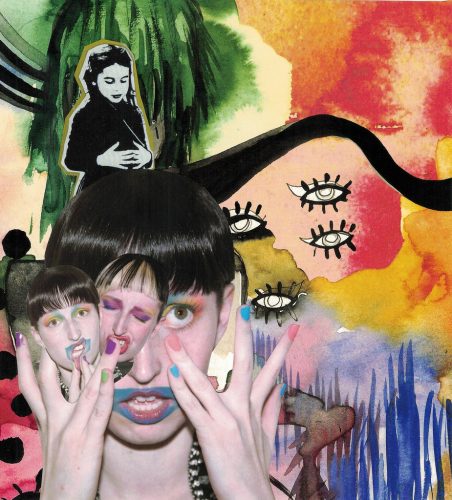
Source: flickr.com
Being able to create a child is what most men and women consider as a blessing. It is of no relevance how the baby came to them, e.g., through adoption, natural conception, or in-vitro fertilization. Quite a few even think of surrogacy in case their bodies are incapable of carrying an infant in the womb. The procedure doesn’t come cheap, of course, but many look past that if it means that they will have an innocent angel to pour all their love to after several months.
Despite all that, there are still adults who try everything to avoid becoming a parent. Some have lame excuses, saying they are enjoying singlehood, they fear of not being a good example to the kids, et cetera. Others, however, opt for that because they feel anxiety over the thought of taking care of a fragile human being while dealing with an irreversible illness like bipolar disorder.
According to Kathleen Smith, PhD, LPC , “People with anxious distress often feel tense, restless, and have trouble concentrating because they worry so much.”
Below are the possible answers to the “Why?” that you may be dying to ask.
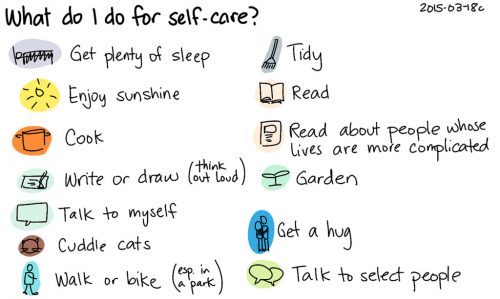
Source: flickr.com
- They Worry About Passing On The Disease
This appears to be the #1 issue of folks whose ailment does not have extensive documentation in the medical field. Since the doctors cannot figure out whether a person inherited the gene that causes bipolar disorder or he or she somehow developed it over time, many are afraid of passing it on to their future child. To thwart the probability of seeing their own flesh and blood suffer like them in the future, therefore, some of them even undergo sterilization.
Aarti Gupta, PsyD said “Some stress on a person is a normal part of everyday life.”
- They Won’t Have Time For Self-Care
Becoming a mom or dad is a physically, emotionally, and mentally taxing job. Although you likely have the capacity to get a nanny, a growing kid still needs their parent to look after them more than anyone. This fact, however, tends to discourage ill individuals from having children as they cannot leave self-care on the back burner.
Isn’t that selfish of them? Well, not really. Stress is a huge factor that throws someone’s life out of balance. If a person has a psychological illness that turns his or her mood upside down often, he or she cannot afford to deal with it. Thus, they end up forgoing the chances of nurturing a baby.
- Sleep Is Important For People With Bipolar Disorder
Aside from stress, individuals who have bipolar disorder will not be able to function correctly without getting enough shut-eye. As it is possible for them to experience mania, there may be nights in which they feel so energized, and they don’t seem to need sleep at all. Despite that, when the depression strikes, things can get problematic, to the extent that they may not even want to hold their child.
Laurie Meyers, LPC said “Sleep patterns are also instructive when looking for evidence of mania or hypomania.”
Like we’ve mentioned above, there is still no cure for this mental disease. Extreme mood changes will occur, especially since parenting requires skills and endurance. For this reason, they may choose to not go through motherhood or fatherhood in general.
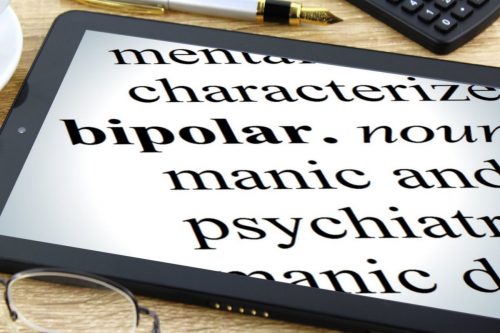
Source: thebluediamondgallery.com
Nevertheless, it should not come as a shock that some individuals with bipolar disorder have kids. It typically happens when: 1) the person is not using birth control, or 2) the diagnosis took place a few years later. The choice, to be honest, is and will always be yours.
If you still haven’t decided on whether you should have children or not, try talking to BetterHelp psychologists. They can assist you in processing your emotions. Good luck!
Posted in Facts About Bipolar Kids
Why Did God Give My Child Bipolar Illness?

Source: pixabay.com
That is one tough question our church pastor found hard to answer according to him.
I really did not want to ask him this, but I just couldn’t control myself since it had seemed to sync in with his sermon. So I took the courage to approach him and ask it anyway.
Posted in Facts About Bipolar Kids
I Must Not Lose My Mind – I Have To Undergo Counseling
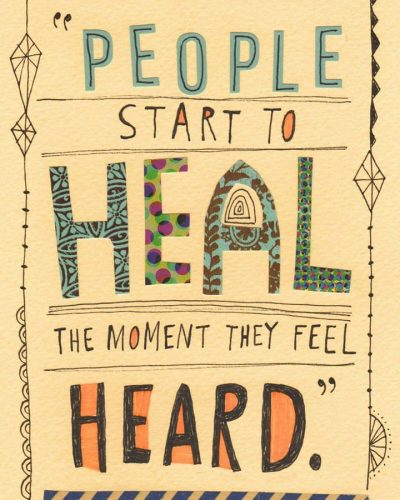
Source: pinterest.com
Raising a kid is a challenging task, but raising a kid with bipolar illness is not only hardcore difficult but also complicated, demanding, exhausting, and sometimes frustrating. Their mood is not usual, and their needs are not simple. It’s like you’re treading on a tightrope.
According to E. Michael Priddy, MA, LCPC , “Therapists can provide a fresh perspective on a difficult problem or point you in the direction of a solution.”
Posted in Facts About Bipolar Kids
Discipline 101: Children With Bipolar Disorder
Disciplining per se is difficult. Finding the right strategy in combination with the appropriate level of strictness but still show love and affection is a hard formula to master. Imagine how hard it can be to discipline a child with a mental disorder which has the classical symptom of the shifting moods. This is where the challenge and the test of patience come in for families with children diagnosed with bipolar disorder. According to experts, the basic and the general blueprint for disciplining is still applicable to a child with bipolar disorder since mostly, they are children. There are just some modifications when it comes to specific methods since there should be accommodation and understanding of the condition.
According to John Preston, PsyD, “Bipolar disorder is probably the main psychiatric disorder where medication is absolutely essential.”

source: howcast.com
Psychiatrists Emphasize The Importance Of Sharing A Meal (Parenting A Bipolar Teenager)
Family status is complicated when you are raising a teenager diagnosed with bipolar disorder. It has been complicated even before the diagnosis of all the irritations, separation anxiety, and tantrums. But often when I would raise this concern to her pediatrician, he would tell me to let her be, she’s just a kid. And so that is what I did.
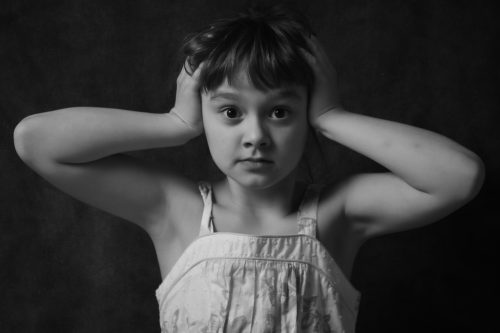
Source: flickr.com
“Family members need to verbally compliment one another,” said Brent Blaisdell, PsyD.
How To Handle Grief And Loss
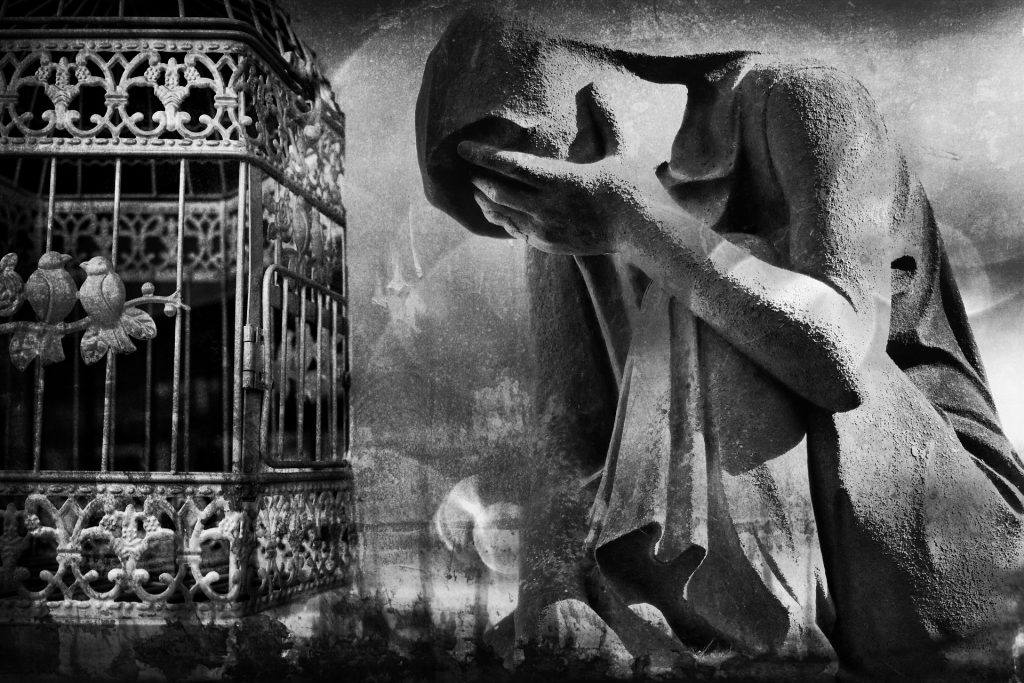
Source: pixabay.com
Grief and losses are normal occurrences in human experience, and no man is excluded from the emotions that go with it. Grief and losses are challenging, but certain situations that further intensify the response to these events such as mental health disorders, poor coping mechanisms, etc. People with mental health issues might aggravate their symptoms or even worse, a relapse of episodes. This is also applicable for children with a mental health disorder. For many of these age groups, it is challenging to handle loss because their facilities to process these experiences are still immature. On top of that, they still must handle the symptoms of the mental disorder without having access to online counselors from apps like BetterHelp.
Posted in Facts About Bipolar Kids
How To Detect If Your Child Is Being Bullied

Source: commons.wikimedia.org
“One of the hardest parts is when David started to go to school. Other children in school picked on him and he would tell us that they are calling him weird names.” Dana shared her challenges on having a bipolar child.
Posted in Facts About Bipolar Kids
Do Bipolar Kids Have Antisocial Personality Disorder?
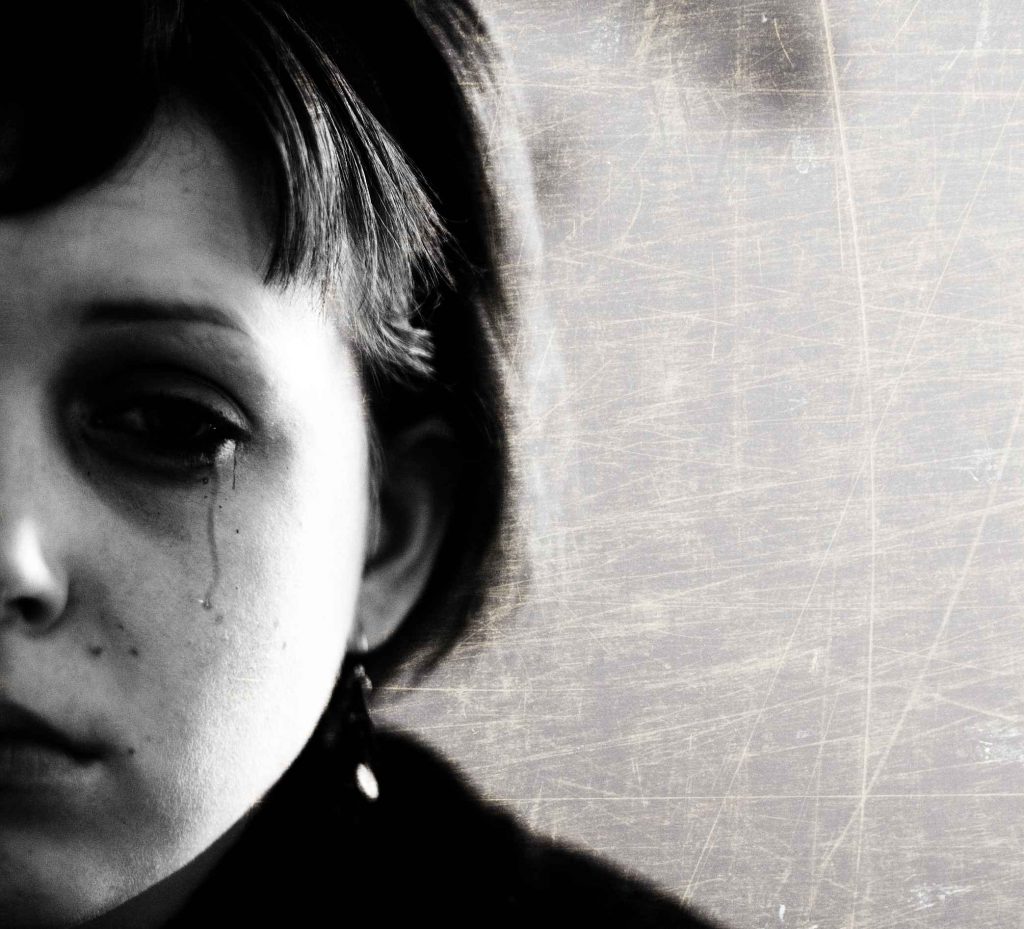
Source: commons.wikimedia.org
Similarly different. Some say there is a thin line separating bipolar disorder from an antisocial personality disorder. From the behaviors being presented, one can objectively see that there are similarities in aggressiveness and hyperactivity of the child. Nonetheless, these mental health conditions should be thoroughly assessed and diagnosed by a mental health professional to formally say that the child has an either bipolar or antisocial personality disorder. Understanding these conditions requires thorough observation and knowledge on how the symptoms are presented especially in children and young adolescents.
According to Jessica Katzman, PsyD, “In the biological paradigm, the focus is the biochemical effect. The patient shows up for treatment, receives the medicine, and the medicine does its work.”
Children and adolescents experience mood shifts as part of their growing up. If these emotions continue to be extreme and hamper the normal function and activities, it could mean a mental health state that needs evaluation.
“Medication is crucial for managing bipolar disorder,” says John Preston, PsyD.
Bipolar and Antisocial Personality Disorder: Similarities and Differences
Bipolar disorder in children alone is somehow difficult to recognize as the symptoms are quite similar to ADHD, conduct disorder, or even the typical childhood behavior of being rowdy, energetic, or shy and moody. It is called bipolar because it presents two major emotional disturbances – mania and depression – all occurring in irregular cycles within a day. These two emotions can rapidly alternate with each other resulting in irritability with a moment of wellness between occurrences, or feeling of both manic and depressed at the same time. Thus, children with BD are described as impulsive, shifting between aggressive and withdrawn. Parents would not consider these symptoms significant until diagnosed. As early as six years old, children can be diagnosed with bipolar disorder.
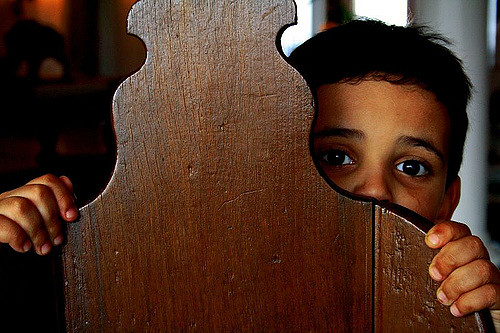
Source: flickr.com
An antisocial personality disorder is characterized by impulsive manners, high risk for imprisonment secondary to criminal acts, addictive disorders and desperate behaviors. A person with ASPD has the likelihood of becoming a sociopath if not controlled or managed. Most cases of ASPD is detected during the adolescent period as the teenager is more inclined to perform prohibited acts or violating orders.
Two Conditions In One
A person with ASPD having manic episodes may manifest unrealistic expectations, high self-esteem, and grandiosity. The person can mask his insecurities as someone, who is dominant and is ahead of everyone. And when the circumstances are not in his favor and against his unrealistic expectations, making his high regard towards himself threatened, thus depression takes place the manic behaviors, but unlikely to remain for an extended period. Because a person with ASPD will not let himself feel down for so long, instead to regain his self, a further affirmation of his power and control will be more evident, and this is often through the commission of crimes. A person who has ASPD has no feeling of guilt after all and will not recognize the presence of the condition.
Opinion corner: Patrick Corrigan, PsyD, “As US mass shootings have increased, political leaders and others have framed the problem as one of mental illness, suggesting that better access to mental healthcare might have prevented some of the shootings.”
Final Evaluation Still Needed
So, the question of whether children with bipolar disorders have an antisocial personality disorder, the answer can only be provided after going a thorough psychiatric evaluation. Not all bipolar disorders have antisocial personality disorders. However, many cases show the interlinking of these disorders in one condition alone. One general rule is that a person cannot be diagnosed with ASPD until he or she reaches 18 years old. Until then, the teenager is provided with the diagnosis of conduct disorder wherein clinical manifestations of bipolar disorders also prevalent.
Posted in Facts About Bipolar Kids
Sleep Disturbance In A Teenager With Bipolar Illness
Everyone needs a good quality of night sleep to function well and avoid irritability the next day. A good sleep is even more essential in sustaining a teenager diagnosed with bipolar disorder. It will help alleviate the symptoms and lessen the risk of having a manic episode.
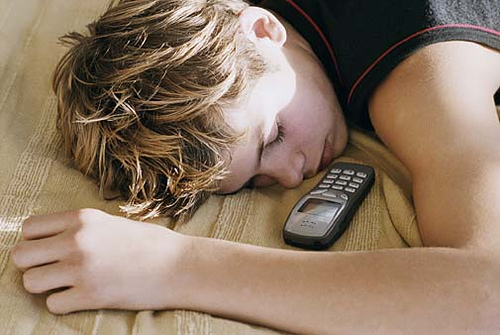
Source: flickr.com
Posted in Facts About Bipolar Kids



